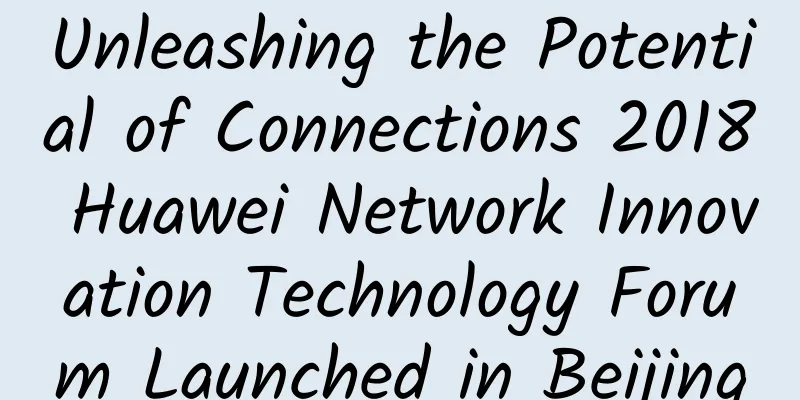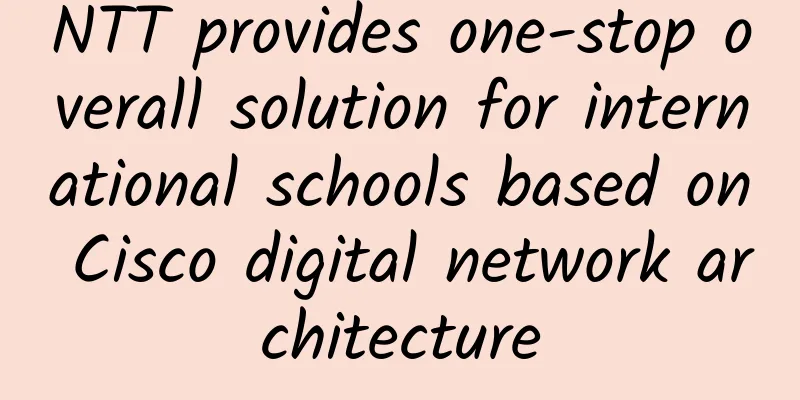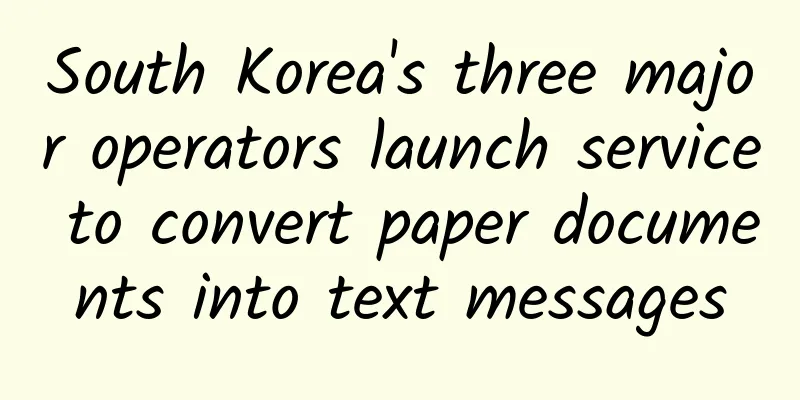The hidden business opportunities of public telephone booths

|
The embarrassing survival status of public telephone booths has attracted widespread attention. Despite being neglected, public telephone booths still hide huge business opportunities, and operators have also made different attempts, including WiFi transmission points, information kiosks, advertising display areas, public welfare services, etc. However, the above attempts still have many difficulties and drawbacks. How to tap the business opportunities of telephone booths has become an unavoidable reality for operators. Are WiFi launch points a fake business opportunity? For users who are looking forward to hotspots all the time, turning telephone booths into WiFi transmission points may be a good choice for operators. A relevant person in charge of Beijing Unicom said that in recent years, Beijing Unicom has been committed to the transformation and development of public telephones and is exploring new public telephone services. In areas with conditions, 500 WiFi signal points have been set up and opened to provide free mobile network services to the society. It is expected that 500 points will be added this year, and the existing points will be optimized to improve the quality of network services and benefit more people. Huawei's technicians also suggested that public telephone booths could be converted into WiFi transmission points, that is, small WiFi stations. Simple modification on the existing basis is particularly suitable for the transformation of public telephone booths. It is reported that domestic cities have tried to transform telephone booths into WiFi transmission points before. In addition to the change in appearance, the new telephone booths in Nanjing have also been upgraded in terms of function. The new version of the telephone booths are equipped with cables and WiFi. Within the effective range nearby, consumers can search for "CMCC" and verify the SMS through the browser of their mobile phones or laptops to connect to the wireless network. Local staff said that the wireless network can be received within about 50 meters. According to other sources, in 2011, about 500 "WiFi phone booths" were put into use in Shanghai. Operators charge by time - 0.03 yuan per minute, and each Internet access time less than 1 minute is calculated as 1 minute. If mobile phone users use the "WiFi booth" to access the Internet, they will still be charged by traffic, but they can enjoy faster Internet speeds and certain traffic discounts; users of mobile phones and laptops of other operators can purchase Internet cards on the designated website and log in with the username and password obtained. This approach seems to achieve multiple goals at once, making it easier for consumers to surf the Internet and improving the efficiency of public telephone booths. However, according to industry insiders, the WiFi booth model is not suitable for large-scale promotion. On the one hand, it may be used by criminals as a tool to steal user information and conduct online fraud; on the other hand, WiFi hotspots in cities are mainly concentrated in densely populated areas such as restaurants, hotels, and airports. Public telephone booths lack relatively fixed places for users to stop, making it difficult to meet users' Internet needs. Independent telecom analyst Fu Liang said that operators should focus on the coverage of 4G networks, and WiFi is only a supplement. WiFi hotspots need to cover places with high data demand, and there is no need to transform all public telephone booths. Transform into an information kiosk to access life services It is not easy to establish WiFi transmission points, and there may be greater business opportunities in transforming them into information kiosks to access life service projects. Liu Qicheng, editor-in-chief of Communication World Network, said that operators have tried to transform public telephone booths into information kiosks, but because they have not found the right model, they have not been popularized. In the future, information kiosks can be linked to many life service projects to stimulate consumption. "A simple telephone booth or information kiosk is not very meaningful. As a platform for making calls and publishing information, if it cannot be tied to various information resources in today's society, and the things in the physical space cannot be used, there is little meaning in its existence. Only by truly serving the people can telephone booths have a future." Liu Qicheng said. According to the data, an information kiosk, also known as a public information kiosk, is a public information self-service terminal that uses a computer information network and integrates touch screen technology, information query technology, self-service technology, and multimedia technology. It can integrate various hardware and software devices to provide information services or products in a multimedia interactive environment such as text, pictures, videos, and audio. The United States is the first country in the world to develop information kiosks. The information kiosks in the United States are divided into two categories: POP and POI. The former mainly provides shopping services, and the latter is mainly an information query service platform. At present, information kiosks are widely used in the financial industry, aviation industry, postal industry, retail industry, traffic management and other industries. They are generally set up in public places such as busy commercial areas, traffic arteries, tourist attractions, residential communities, stations and docks. You can browse a large amount of information with pictures and texts, and can provide a variety of convenient payment services and bank transaction services. According to the official website of Beijing Unicom Information and Navigation Business Center, Beijing Unicom launched the service function of free dialing 114 from public telephones in November 2011, which facilitates Beijing citizens to enjoy convenient services such as 114 appointment registration, business travel services, food navigation, city travel, education consultation, etc. through public telephone terminals. In 2012, Beijing Unicom replaced a total of 800 19-inch large-screen multimedia public telephone terminals at Capital International Airport and Beijing South Railway Station, providing preferential service policies of 3 minutes of free local calls and 10 minutes of free Internet inquiries, supporting international credit card payment modes such as Visa, and providing a variety of services such as stock, weather, map inquiries, etc., which are generally welcomed by passengers. In addition, Beijing Unicom and Bank of Beijing have jointly launched the "Three Links" convenient payment service, which provides the public with traditional public telephone voice services as well as water, electricity, gas and other public utility payment services, without having to wait in line at the bank. Currently, more than 500 public telephone terminals that can provide the "Three Links" convenient payment service have been installed in Beijing Bank outlets, residential communities, some office buildings and enterprises and institutions. "I hope the government can adopt certain policy support for public telephones, such as connecting public telephone booths to municipal electricity, using public telephone points to expand new service content, and meet the new demand for public telephones in urban informatization." A relevant person in charge of Beijing Unicom said frankly. However, data shows that the functions of information kiosks in China are less than 10% of their total functions. According to industry insiders, the transformation of information kiosks is still unsuccessful, mainly due to insufficient development of related applications and poor publicity and promotion, which has gradually blurred their main functions and has made them mostly considered as computers with fancy shells. Many citizens are not clear about their actual functions, and have not formed the habit of using them. Many information kiosks have been ignored for a long time, and the large amount of capital and equipment invested has resulted in a waste of resources. Developing advertising resources and attracting investment is not easy Advertising resource development is seen as the most reliable way to transform public telephone booths. A relevant person in charge of China Telecom told the Beijing Business Daily reporter that the company plans to use the public telephone booths to carry out print advertising or multimedia advertising and other backward business, because public telephone booths are very good advertising media. Liu Qicheng also believes that turning telephone booths into an advertising publishing platform is a cost-effective deal that can bring huge profits to operators. Liu Qicheng said that public telephone booths are usually placed in densely populated areas with heavy traffic, which are very eye-catching. Placing billboards here can easily attract people's attention. In addition, this form of advertising is also very beneficial to the operators themselves. Billboards can make public telephone booths more eye-catching. More importantly, advertising can bring new income to operators, allowing operators to make up for part of the losses in public telephone operations. However, Liu Qicheng added that there are also some problems in the development of advertising resources. Currently, operators have limited energy, and the transformation of public telephone booths is not the company's main work. Even if advertising resources can be developed, the telephone booths seem to be numerous but small and scattered. As an advertising publishing platform, they cannot be compared with bus stations. It is still unknown whether there are companies in the world willing to integrate these resources. Doing charity and creating cultural imprint Every transformation contains business opportunities, but each business opportunity is difficult to develop. Some analysts suggest that public telephone booths can be directly turned into public welfare platforms, and even developed into a cultural imprint of a city in the future. A Beijing Business Daily reporter recently found in Yingze Street, Taiyuan City, that dozens of old public telephone booths on the sidewalks were all replaced with new civilized stickers with slogans such as "Learn from Lei Feng", "Help others", "Do good deeds and establish virtues", and "Promote civilized and set new trends", becoming a beautiful street landscape. It is understood that as public telephones gradually faded out of daily life, they were damaged and unattended, affecting the city's appearance, and many citizens called the Taiyuan Digital Urban Management Bureau to appeal for timely maintenance. To this end, the Taiyuan Urban and Rural Management Committee deployed the Municipal Digital Urban Management Center to coordinate and solve the problem, and repaired the telephone booths and notice boards along the way, renovating them and updating them into public welfare notice boards. Beijing Business Daily reporter learned that in Europe, public telephone booths are represented by the classic red box in the UK and the simple transparent glass booth in France, which are still everywhere in the streets and alleys of cities. It is understood that telephone booths are actually used more by the poor. In the eyes of Europeans, the existence of telephone booths is like the escape hammer installed on cars, which is indispensable. The UK also allows the public to claim abandoned telephone booths. More than 1,500 telephone booths have been transformed into flower shops, libraries and small art galleries. These telephone booths have become the symbol and imprint of the city. |
<<: my country's telephone users enter the era of full real-name registration starting today
>>: Is the neighbor Wang using the internet for free? This is how you should punish him on the spot
Recommend
What is Software Defined Networking (SDN)?
SDN is the abbreviation of software defined netwo...
Is intelligent virtualization technology eliminating data silos?
In the ever-changing information age, companies t...
[6.18] Moack: $35.64/month-2xE5-2630L/32GB/1TB/10M bandwidth/South Korea server
Moack.co.kr is a Chinese merchant who mainly sell...
"Online Documents" crashes in real time?
[[420464]] There is a magical phenomenon in this ...
5G without "it" is like building a house without land
As a city's population continues to grow, it ...
Sogou opens dictation service, the voice recorder industry enters the AI era
On August 28, 2019, Sogou held a press conference...
OneTechCloud VPS Hosting 20% off, US CN2 GIA/Hong Kong CN2/CMI large bandwidth/high defense optional
OneTechCloud (Yikeyun) launched this year's s...
RAKsmart server flash sale starts from $30/month, cluster server starts from $142/month, US/Japan/Korea/Hong Kong data centers
In addition to the flash sales on VPS and cloud s...
5G is not over yet and 6G is coming? Here is a comprehensive review of the global "6G relay race"!
While governments, enterprises, and research inst...
Good news for 5G: the rate is no higher than 4G, and you don’t need to change your phone number when you change your phone
Large bandwidth, large connections, low latency a...
Detailed explanation of the "three-way handshake" and "four-way wave" of TCP connection
1. TCP connection In the process of sending and r...
Scenario Innovation Smart Energy | Ruijie Debuts at 2019 Petroleum and Petrochemical Information Technology Conference
From May 15th to 16th, the "2019 China Petro...
Global chip makers warn that global chip shortages will last for years
According to industry media reports, some well-kn...
The battle for 5G dominance between China and the United States: No one can retreat!
According to US media, the early wave of mobile c...









